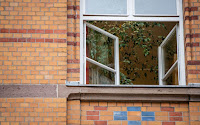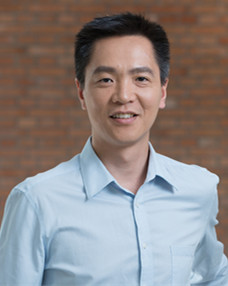In the case of real estate, it has its own merits because it is tangible and with the title of the property under your name, it is physically yours.
FOR the longest time real estate is the preferred investment asset class for many people. There are fond memories when it comes to making the right investment and more so for property owners who have enjoyed capital appreciation or significant rental yield by investing in real estate. We also frequently hear of stories on how ordinary working and middle-class families successfully provided education for their children through the refinancing or selling of their own real estate assets. Even in the grander scheme of things, real estate constitutes 7% of the total RM1 trillion in asset under management of our Employees Provident Fund. How is it that this popular asset class has fallen out of favour with so many investors today? Whenever I speak to clients on investments and their allocation, I would hear all kinds of unconventional investments schemes (regardless of whether legitimate or not) but at the mention of real estate, they would tell me that the golden days are long over. It is rather demotivating to hear such comments, especially when I have been involved in this sector for a large part of my professional career while witnessing its heydays.Economic cycles come around
The study of economics and its application may be subjective at times but there is one single theory that holds true over the course of time – that is the economic cycle. Every asset class goes through a cycle, including real estate. From boom to bust and boom again, various factors play a part throughout the cycle. If at all we look deep into the real estate cycle, we would easily realise the trend or pattern through each cycle. Many decades before, real estate was scarce and buying property was a very expensive affair due to the high interest rates on loans. In the 1990s, the loan interest rate per annum is close to double digits. In addition, there are no full flexible or auto balance reduction loan offerings unlike today. Coupled with very low margin of financing, mortgages are costly becoming the main barriers to homeownership. Then there is the issue of the law on property development which is not as comprehensive as it is today hence from a project commencement to completion, it was largely an unpredictable timeline. Today, the laws are extensive both in terms of the development process as well as for the protection of property owners. As a result, we have seen many companies with unrelated expertise or core business in property venture into development. At last count, there are close to 200 companies listed on Bursa Malaysia which has property development or construction related businesses. Coupled with the Strata Title Act, landbanks can be unlocked vertically rather than just horizontally unlike how it was before. This contributed to an oversupply. On demand side, while Malaysia remains a nation with growing young working population, the main challenge towards homeownership is the lack of wage growth rather than the lack of affordable products. In the residential segment, National Property Information Centre data shows that the unsold units have largely fallen in the past year from 36,863 units worth Rm22.79bil at the end of 2021 compared with 27,746 units worth Rm18.41bil as of December 2022. There are also substantial number of units of residential overhang in the country with units totaling 14,000 units worth Rm4.63bil (which is 53% of total unsold inventories) within the affordable price range of less than RM500,000. This means the stagnant wage growth in the face of global inflation has seen the people’s purchasing power weaken. When disposable income falls, debt level rises, naturally big-ticket purchases with long term monthly commitment fall on the back burner.Accommodative measures and policies
Real estate cycle is highly susceptible to changes in economic policies and government regulations including tax regimes. When there is an accommodative policy such as a low interest rate environment or in Malaysia’s case when Developer Interest Bearing Scheme (DIBS) was allowed, it spurred huge demand for real estate because holding on to cash has little value. Funds would either move into equity markets or real estate markets and other instruments to generate yield. When the policies started to tighten with higher interest rates making borrowing cost higher, or removal of DIBS and even imposing higher Real Property Gains Tax amongst others, there was a flight of capital from the real estate sector. We are now beginning to see some ray of lights at the end of the tunnel following eight years of market oversupply since the peak in 2014. The flood of newly completed projects and unsold inventories in the balance sheet of developers which naturally became a bane for the industry is seeing some improvement following the auto correction in the economy cycle due to two years lost to the pandemic. In addition, higher raw material costs, inflationary pressure and the diminishing value of our currency has slowly helped the market adjust to the property price as what was once deemed expensive becomes more tenable. This will help with the rejuvenation of the real estate market with the exception for commercial office segment.Hedge against inflation
When we talk about investment, we need to consider the underlying assets’ ability to hedge against inflation apart from its absolute return. Ultimately, so long as the underlying asset over a duration of time can beat inflation and preserve the value of your money, that would make it a viable investment asset. Apart from that, it is important to make comparisons across asset classes to determine what best suits your personal need. Everyone has their own risk tolerance and investment horizon. Subject to your individual preference, one should choose the asset class that one is most comfortable with. Some may find insurance products pragmatic, some may prefer to invest in safe-haven commodities like gold or silver, others may prefer equities or bonds. In the case of real estate, it has its own merits because it is tangible and with the title of the property under your name, it is physically yours. This makes it a highly acceptable asset class to most people including some who are not particularly financially astute or do not fancy complex capital markets products.Any time is a good time for own use
No doubt when it comes to investing, everyone wants to make money. Otherwise, it defies the objective of investment. If investments do not reap returns, might as well leave the money in fixed deposit. However, real estate is a one of-a-kind asset class that has tangible benefits and allows enjoyment of the assets with the benefits of investment value. Unlike gold or silver, the enjoyment is limited to seeing it glitter in your safe deposit or alternatively, melting it to design custom jewelry. For real estate, specifically residential, one can move in and reside in it while for commercial or industrial properties, one can use it for business purposes. This makes the investment thesis in real estate different from other asset class such as equities or fixed income. The benefit of tangible use and enjoyment makes the timing of investment less significant if one has actual use for it.Quoting Li Ka-shing, if you are looking to buy property for your own stay and not for speculation purposes, anytime is a good time.
Ng ZHU HANN Ng zhu Hann is the CEO of tradeview Capital. He is also a
lawyer and the author of Once Upon a time in Bursa. the views expressed
here are the writer’s own.
Is Real Estate Still A Good Investment?
Related posts:
Penang is best for property investment in Malaysia
Penang has dislodged Kuala Lumpur's Golden Tringle as the top investment choice
Better to buy a car or a house first?
Leaving a legacy by buying a house first before a luxury car ...
Housing affordability is an income issue, what's with the fuss?
How to allocate your money wisely: lessons from my father
Do we still need an office?
Malaysian property market correction to continue in 2016, its economic cycles the past 25 years
Landed residential properties much sought after with resilent demand, Market insights
‘It’s the right time to invest’
Separate role for property managers
STRATA Property insights - Serious on strata
Leaving a legacy by buying a house first before a luxury car ...
 Regaining momentum, property sector to recover despite challenges
Regaining momentum, property sector to recover despite challengesRegaining momentum, property sector to recover despite challenges
Young adults in developed countries rent, we buy houses for good
Fear-of-missing-out factor in property market
Singaporeans on buying sprees for Penang prewar houses; Residents see red
All steady on the home front in Penang residential properties
Working from home trend spurs demand for bigger houses
Rich Gen-Y kids making their own success
Better to buy a car or a house first?
Have property scams grown in the pandemic?
Ex-property agent in S’pore fined record S$1.16mil for illegally subletting private homes on Airbnb, HomeAway


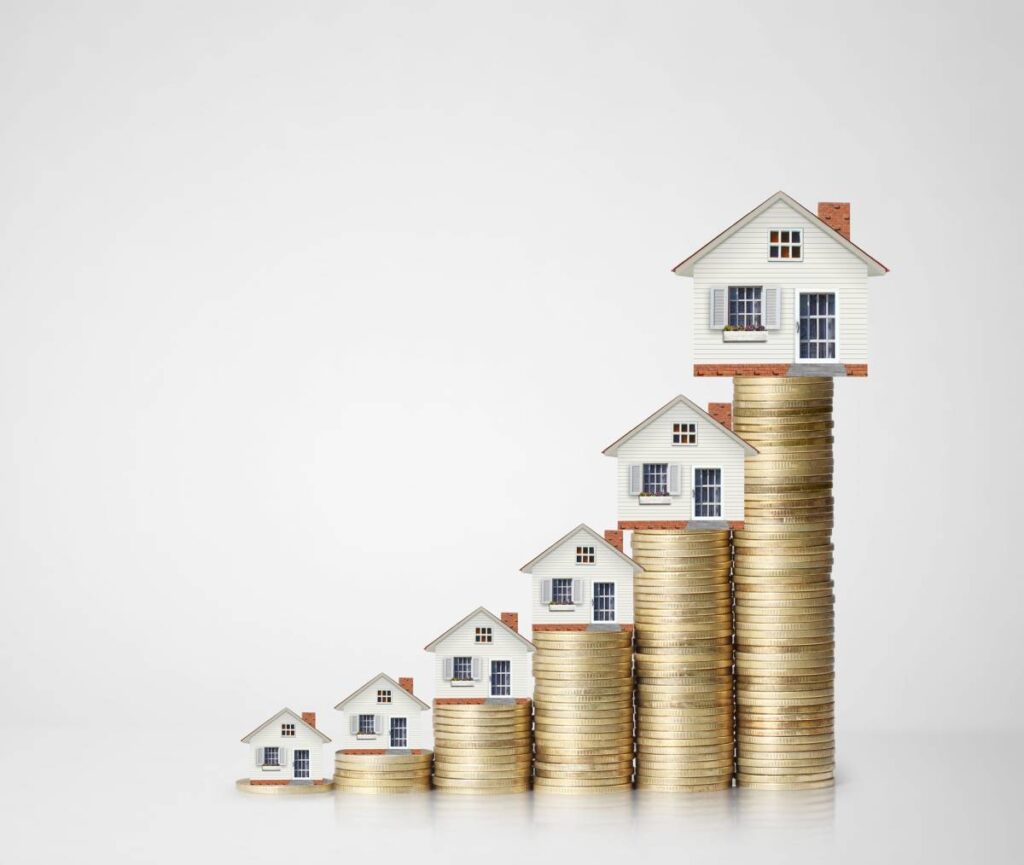








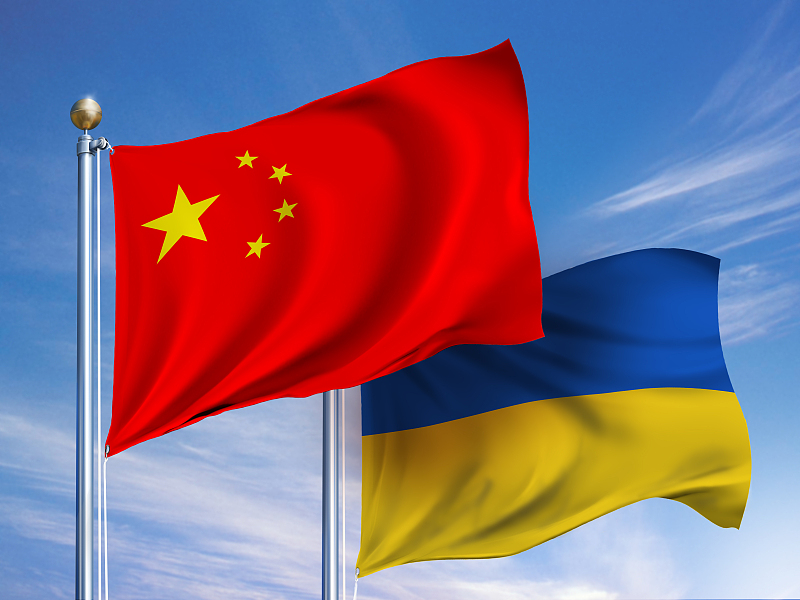

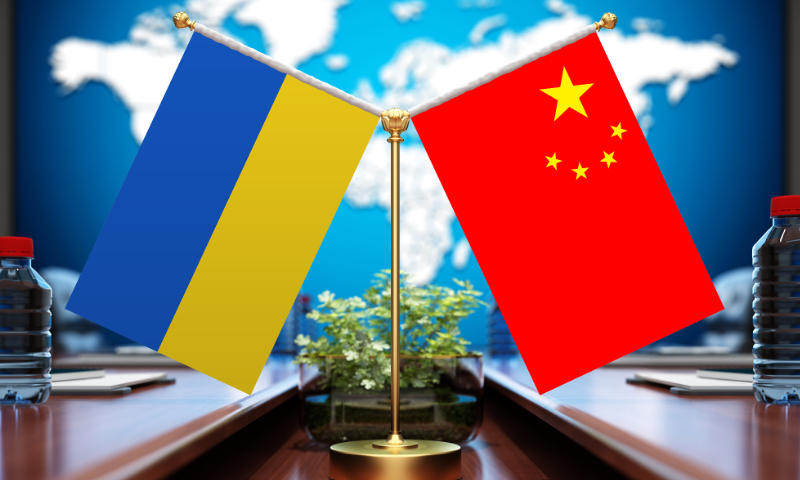
1.jpg)
.jpg)


